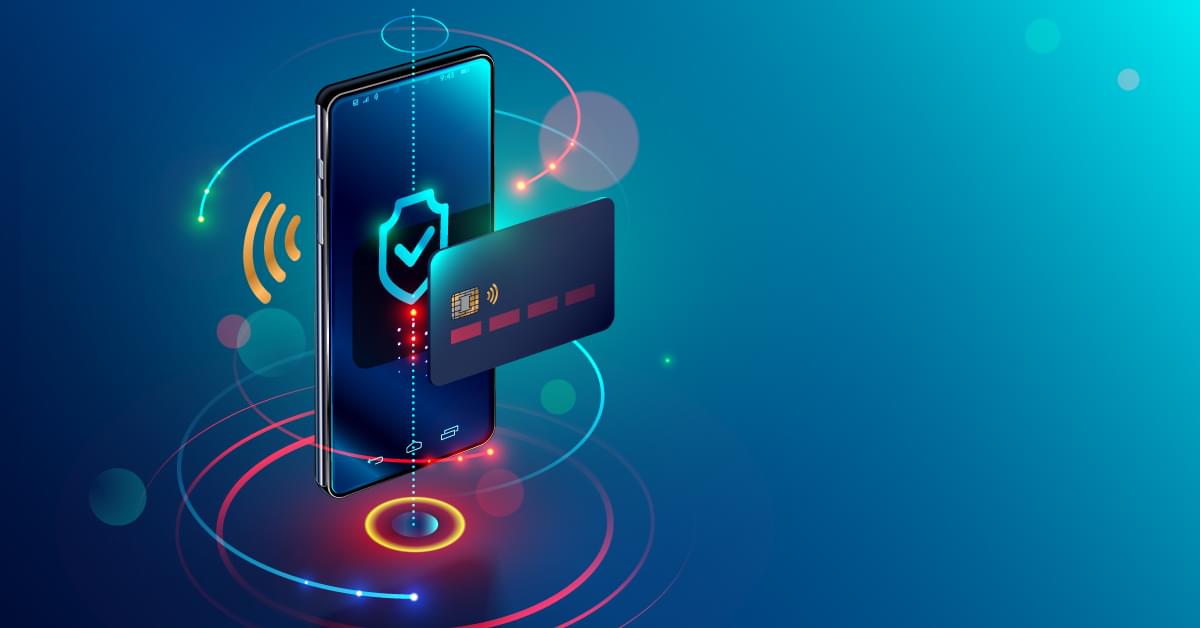
Bank transfers are considered one of the safest ways to transfer money between two parties, but there are still some risks to be aware of.
Transferring money via bank transfer is the most common way to transfer money, and many people do it without thought. International bank transfers carry more risks due to the slightly more complicated process, but are still incredibly safe when implemented correctly.
We cover how bank transfers work, and the potential risks to avoid when making them to ensure that your money is protected.

Are bank wire transfers safe?
Bank wire transfers are one of the safest ways of transferring money. A ‘wire transfer’ is often referred to now simply as a bank transfer, as the telephone wire technology used for the first transfer has long been obsolete.
The process of a bank wire transfer is simple, and will follow this process:
- The sender pays for the transaction upfront to their bank
- The bank then sends a message over to the recipient’s bank
- The recipient’s bank then deposits its own funds into the recipient’s account
- Once the money has been deposited, the sender’s bank will pay the recipient’s bank
This means that bank wire transfers are incredibly secure. As the sender pays to their own trusted bank via a protected device or via a branch, the information is kept insulated in the entire process. Technically no money changes hands either, so each bank has total control over its own part of the deal. Banks will also use encryption so this data cannot be interfered with.
In the UK, bank transfers will use the Faster Payments Service (FPS) to move money incredibly quickly and safely, often completing the transfer immediately.

Are international bank transfers safe?
International bank transfers are very safe, if they are carried out legitimately through established organisations.
However, sending money internationally is slightly more complicated than sending money domestically, so for this reason, there are more risks to watch out for. Sending money abroad normally involves exchanging currencies within the process. For this reason, banks will need to ‘lock in’ a price to ensure that fluctuations don’t alter the transfer amounts.
For international transfers, you will need to have sufficient funds in your account, otherwise you can sometimes be required to pay the money back, as well as extra fees to cover potential exchange rate losses.
If you’re looking to make an international bank transfer, get in touch with us, and we’ll provide everything you need, including a Personal Currency Concierge to help you find the best solution for your unique transfer requirements.Open an account with CurrencyTransfer today for free, and we can get you started.
What are the risks of a bank transfer?
The biggest risk to a bank transfer is transferring to the wrong person. Due to how airtight and one-way a bank transfer is, once the money has been sent, it cannot be reversed.
Therefore, it’s crucial that you make sure that your details are correct before sending anything. To ensure the success of regular bank transfers, many banks will verify the details for you to make sure you’re sending to the correct person. This is known as Confirmation of Payee (CoP).
The risk of sending to the wrong person means that there is a gap for fraudsters, as once you have sent money via bank transfer, you cannot reverse it. As a result, APP (Automated Push Payment) fraud has been on the rise. This is where a fraudster will pose as a legitimate person or business and trick the sender into sending money legitimately.
Approximately £580m was stolen via APP fraud in the UK in the first half of 2023. This can be via phishing scams, which pose as legitimate organisations and people and convince the sender to transfer money legitimately.
It can also occur via man-in-the-middle attacks. This is where a legitimate bank transfer is intercepted and the sender is diverted into giving their details to an attacker and not their bank.
These methods are effective for fraudsters because they are often not noticed until later, and they are also difficult to reverse, as the victim technically acted with their own free will. Using public wifi can also be a risk, as the networks may be insecure which could expose your information to hackers, and allow them to use it for a later attack – sometimes to make an APP fraud attack more convincing by displaying personal details.

Am I protected if I pay via bank transfer?
Most banks in the UK will have a system where you will be able to dispute the claim if you have sent a bank transfer to the wrong person. In this instance, they will contact the bank and ask for the money to be returned. The recipient can raise a dispute themselves if they feel the money is owed.
Whether the money is returned to you depends on the way you paid. If you were defrauded via card, then there is a greater chance of your money being returned. However, if you used a service such as Western Union to facilitate an international transfer, then it’s highly unlikely that your money will be returned.
Check on Citizens Advice whether you will be able to get your money back or not.
APP fraud victims are often not reimbursed as the scammers will implement payment methods that are almost impossible to track or refund. However, the law for APP fraud is changing, and financial organisations will now have an obligation to pay back 50% of funds lost to APP fraud.
This means that security will increase for APP fraud, both in the education and prevention of it, but also the security systems and authentication for making bank transfers.
Tips for businesses to stay safe
If you’re worried about whether your bank transfers for your business are safe or not, simply make sure that all information is correct and kept securely. Ensure that all transactions are made via secure, trusted platforms, and never make payments you’re not sure about or comfortable with.
Check out our specific guide on how to stay safe when transferring money.
At CurrencyTransfer, security is our priority in everything we do – our Security and Regulation measures ensure that your transfers and data are kept private and secure.
Caleb Hinton
Caleb is a writer specialising in financial copy. He has a background in copywriting, banking, digital wallets, and SEO – and enjoys writing in his spare time too, as well as language learning, chess and investing.



